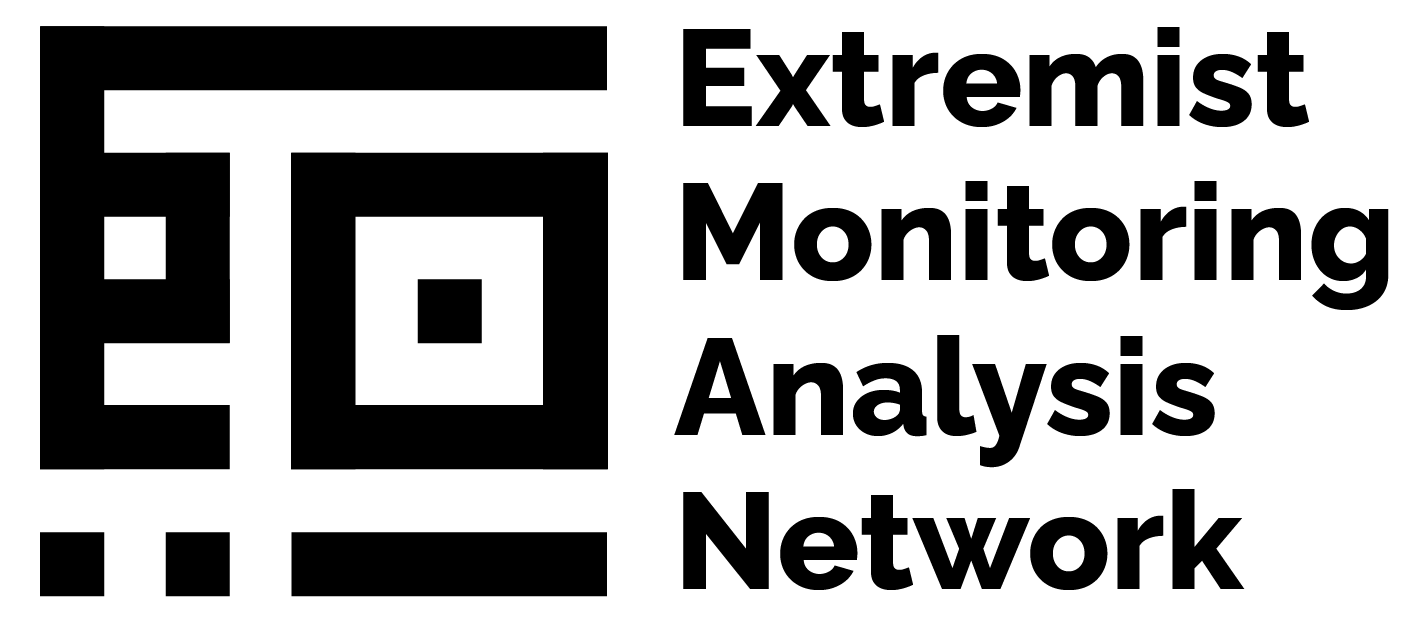Resurgence of the Extremist Islamist Tehreek-e-Labaik Pakistan (TLP)
Author(s): Mohamed Hineidi — Director at EMAN
The far-right Islamist Tehreek-e-Labaik Pakistan (TLP) political party is set to stage a comeback following the lifting of a short-lived ban that saw the group outlawed and its leadership imprisoned for only seven months. In April 2021, TLP led major protests around Pakistan over the French government’s decision to republish caricatures of the Prophet Muhammad following the beheading of a French schoolteacher Samuel Paty in October 2020. France’s decision to republish the photos enraged the TLP, with the group calling for, and ultimately leading major protests around Pakistan including demands for Islamabad to sever diplomatic ties with Paris.
These incidents led Pakistan’s Prime Minister Imran Khan to ban the group and imprison its leadership, but seven months later, and through reported pressure by the senior cadre within Pakistan’s military – a decision was recently taken by the government to release the group’s prisoners and allow it to resume its political activities. The group was also freed following a deadly wave of protests by followers of the TLP in October 2021 that resulted in the deaths of at least six police officers. In addition to pressure from the group, the military has reportedly sought to not use force against the group during the protests, lest it cost the military and the government politically – pointing to the strong backing of the group within a significant segment of the Pakistani population.
The TLP, founded in 2015 supports the country’s controversial blasphemy laws that proscribe the death penalty for anyone insulting Islam and the Prophet. The group has also threatened to “wipe the Netherlands off the map” after far-right Dutch politician, Geert Wilders, called for a contest to draw the Prophet Muhammad in 2015. The release of the group’s leadership and the lifting of the ban has now come at a particularly sensitive time, coinciding roughly with the December 2021 violent lynching and burning of a non-Muslim Sri Lankan factory manager in the Pakistani city of Sialkot. The factory manager was lynched by his employees and a mob of TLP supporters after he tore down a TLP poster inscribed with Quranic verses during a renovation of the factory. Despite Imran Khan stating that the incident marked a “day of shame” in Pakistan, the release of the TLP – notorious for their support for blasphemy laws highlights the influence the organisation wields in Pakistani politics, in addition to the support the organisation enjoys amongst some segments of the Pakistani population after only six years of existence.
Despite Pakistan’s military apparatus reportedly pushing to lift the ban on the TLP for political reasons, the country’s information minister, Fawad Chaudhry stated that Pakistan’s greatest threat is not India, but rather extremism within Pakistan, adding that “the way in which the country had to back off from the TLP’s case indicates that the bomb of extremism is ticking”. As mentioned above, the TLP – albeit only just over five years old – has proved adept at galvanising a critical mass in the country. More concerning, however, is the group’s popularity abroad, with a BBC report citing the organisation’s media coordinator Saddam Bukhari as having stated that when the TLP’s first leader died – the father of its current leader – in 2020, devotees and supporters from across the world travelled to attend his funeral, particularly from Europe.
The organisation claims it maintains a sizeable footprint in Europe and the UK, with over 70 per cent of the latter’s Muslim population predominantly originating from Pakistan, and the Indian subcontinent at large. The TLP’s global reach will likely have repercussions amongst extremist elements in the UK and Europe, particularly as the continent has witnessed several terror attacks in response to the caricatures depicting the Prophet Muhammad. More importantly, the resurgence of the organisation in Pakistan will provide a boon for regional extremist organisations, particularly following Afghanistan’s takeover by the Taliban, who share an identical puritanical ideology to the TLP. With Daesh-Khorasan on the rise militarily in eastern Afghanistan, the epicentre of extremist thought and militant Jihadism has almost completed its shift in earnest from West Asia to South Asia.
